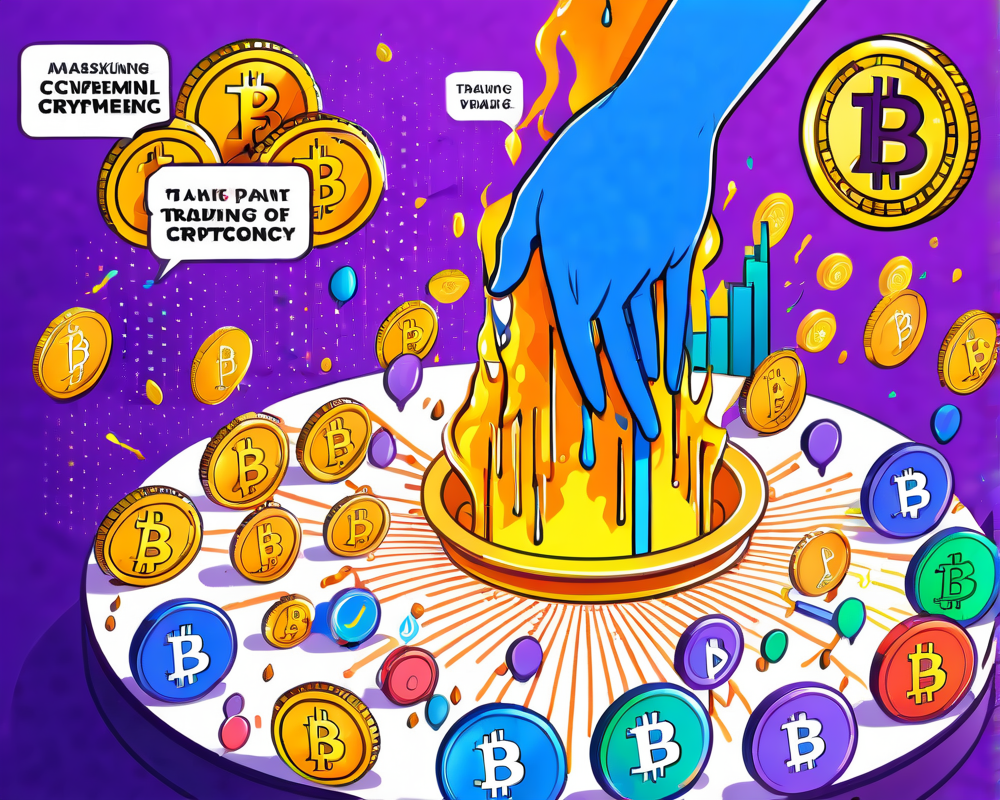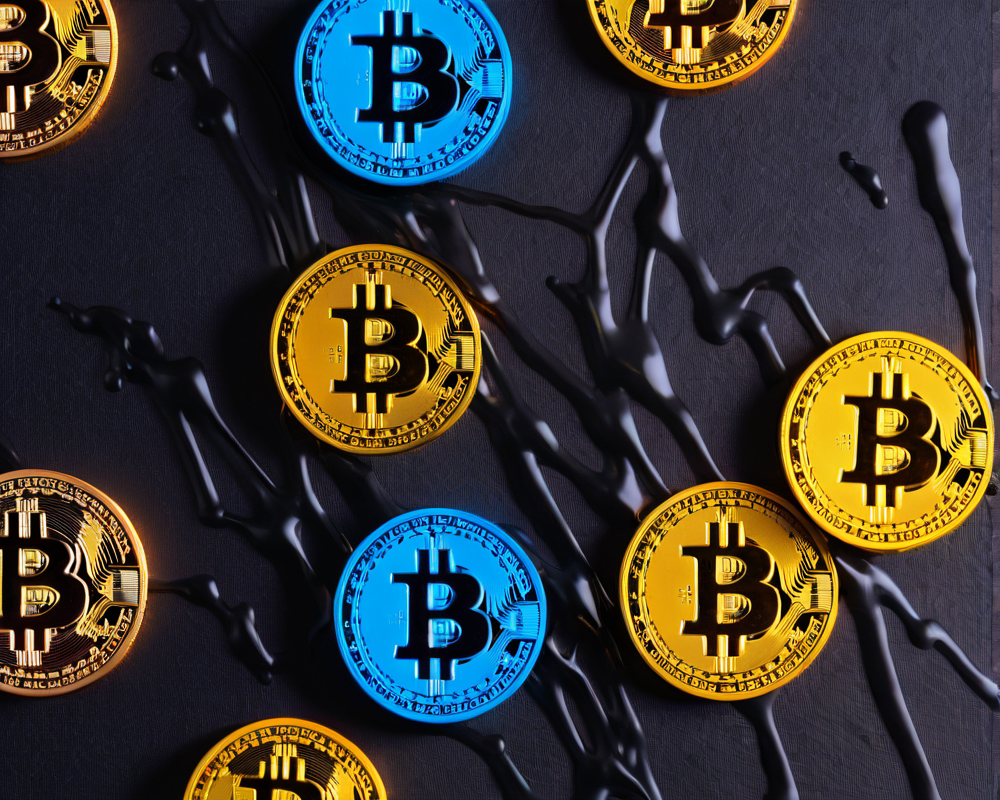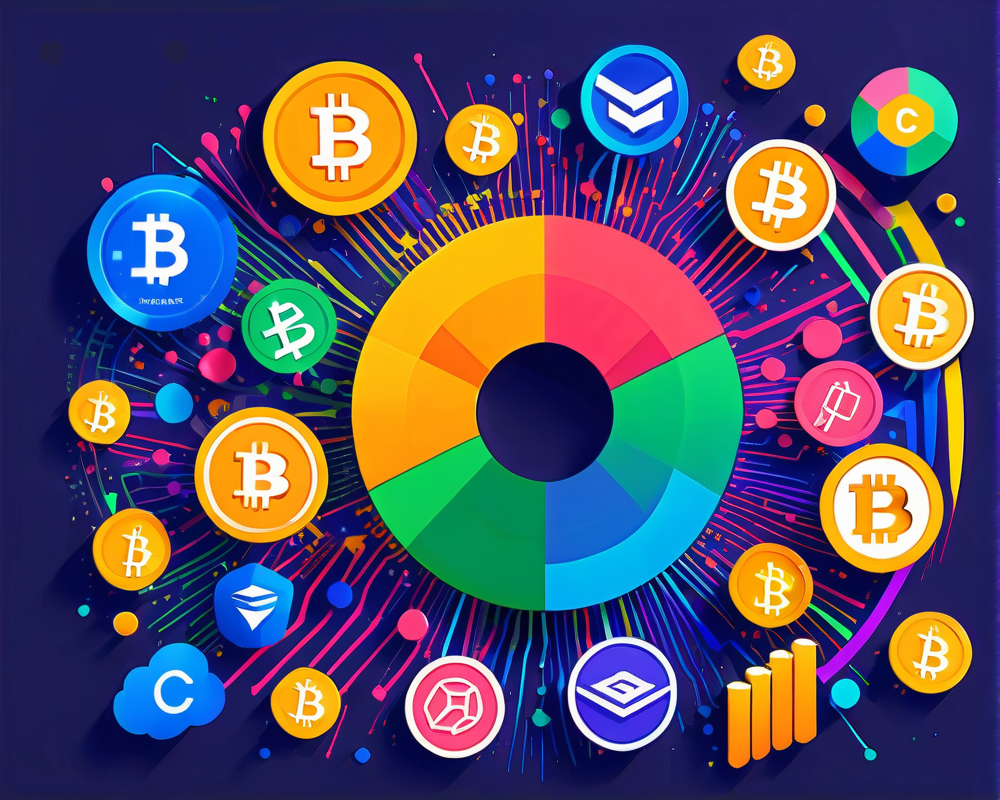The Digital Land of Make-Believe
In the wild west of cryptocurrencies, where fortunes can flip faster than pancakes on a Sunday morning, one might think that reported trading volumes are as trustworthy as grandma’s secret cookie recipe. Yet, recent investigations by Cointelegraph reveal that not all that glitters in the crypto domain is gold — some exchanges are playing a different game altogether.
Bitspay’s Mysterious License Saga
Meet Bitspay, a charismatic exchange boasting a staggering $1.4 billion in daily trading volume (or so it claims). Initially, it flaunted a license from Estonia, dancing in the limelight like it owned the place. But once Cointelegraph started knocking at the door with pesky questions, Bitspay quickly swept its falsely claimed license data under the rug. Poof! Gone. Talk about a disappearing act!
Behind the Curtains: What the FIU Reveals
A spokesperson from Estonia’s Financial Intelligence Unit (FIU) checked under the hood and found that Bitspay didn’t hold any legitimate license at all. Instead, they found the previously noted license belonged to Globe Assets OÜ, valid for a wee amazing less than a year! Clearly, when it comes to licenses, Bitspay’s claims may have been as valid as a three-dollar bill.
The Rebranding Riddle
Just when you think you’ve got it figured out, Bitspay pulled a fast one by rebranding. Bits-pay-who? Oh, just Bitspay.global now! The firm ditched its prior domain and all signs pointing to its supposed Estonian legitimacy. As of now, the only thing they seem to be trading in is obscurity, with the details about licenses proving as elusive as a good Wi-Fi signal in a crowded café.
Kelly to the Rescue?
Kelly Nova, the so-called mastermind behind Bitspay, has expressed their grand plans of securing licenses in both Estonia and the UK — because why try to operate legitimately in just one country? He also mentioned “copyright issues,” which, let’s be honest, sounds like a cryptic, legalese version of “my dog ate my homework.”
The Volume Game: A Widespread Problem
It’s not just Bitspay singing the “fake it till you make it” tune. Exchanges like Topcredit, boasting $1.8 billion in daily trading, and Bika at $1.2 billion shy away from answering any questions about their legitimacy, leaving many investors scratching their heads and wallets.
The Self-Reported Dilemma
CoinMarketCap stood up to defend its turf, reminding everyone that self-reported data can turn into a virtual wild goose chase. “Sure, we aggregate,” they said, “but verifying? Well, that’s not really our cup of tea.” Their advice? If you find yourself dealing with low-scoring exchanges, don’t just dive in headfirst — do your homework first!
Distrust but Verify!
In a world buzzing with trading possibilities, the mantra remains: “don’t trust, verify.” With countless platforms reporting dubious trading volumes, the choice to invest comes with a healthy side of skepticism. Remember, when it seems too good to be true, it usually is — especially if it’s a crypto exchange claiming miraculous trading figures!




